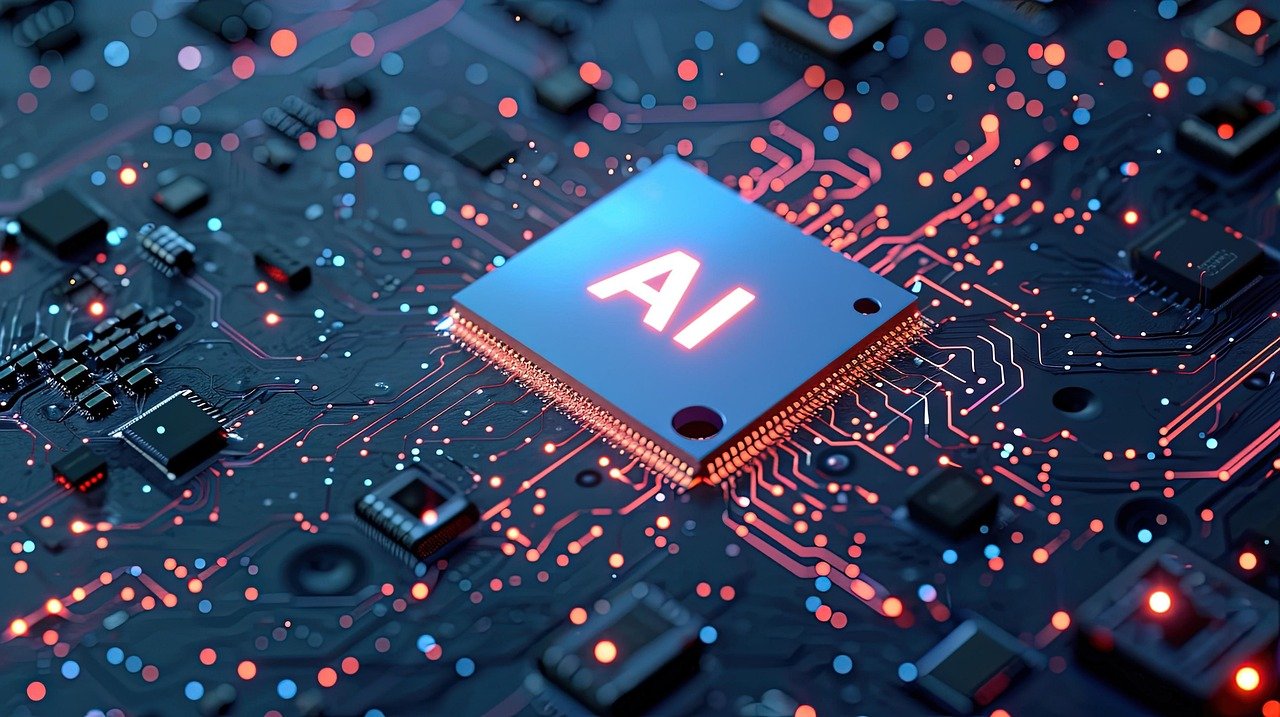For years, artistic professionals have unknowingly offered uncooked supplies making trendy AI potential. Photographers sharing portfolios on-line, fashions contributing biometric information by skilled shoots, and writers publishing content material throughout digital platforms—all have been constructing the datasets that energy immediately’s AI techniques. But in contrast to conventional artistic industries the place subsequent generations drew inspiration whereas offering recognition and compensation, these professionals discovered themselves dropping alternatives to AI skilled on their very own work.
The settlement acknowledges this elementary inequity. Whereas conventional creators might count on copyright safety and truthful compensation when their work influenced others, digital-era creatives confronted unauthorized replication, deepfakes, and magnificence theft with out recourse. This $3,000-per-work settlement establishes precedent that human creativity deserves compensation, even when reworked by AI coaching.
Past Particular person Settlements: Systematic Infrastructure
The actual alternative lies not in retroactive settlements however in constructing potential frameworks enabling creators to monetize their distinctive digital property. Each artistic skilled possesses protectable mental property—from distinctive visible types developed over years to biometric traits representing skilled id. The problem is reworking these property into manageable, licensable mental property inside systematic infrastructure.
Present AI improvement usually treats artistic works as free sources, creating unsustainable dynamics the place creators lose motivation to provide unique content material. This settlement validates the necessity for consent-based frameworks the place creators keep management over their contributions whereas enabling professional AI improvement by correct licensing.
The Know-how-Creativity Symbiosis
Critics who body this as AI versus human creativity miss the basic alternative. AI has explosively expanded inventive expression potentialities, enabling hyper-personalized creativity and genuine illustration at unprecedented scale. Like human artists all through historical past, AI learns by finding out current works and constructing upon established foundations.
The expertise itself is impartial and the outcomes replicate implementers’ values and decisions. AI can facilitate both genuine variety or synthetic idealization, democratize artistic alternatives or focus them additional. The path relies upon totally on whether or not we construct moral frameworks prioritizing creator compensation and genuine illustration.
Market Maturation, Not Innovation Constraint
Authorized specialists predict this settlement will “function an anchor determine” for different AI firms dealing with comparable lawsuits, with Meta, OpenAI, and Microsoft all confronting comparable circumstances. Somewhat than viewing this as constraining AI improvement, it represents market maturation towards sustainable practices.
The music business initially fought digital distribution, solely to finally embrace platforms guaranteeing truthful artist compensation. Equally, AI firms that proactively construct moral coaching information frameworks will acquire aggressive benefits over these pressured into costly litigation settlements.
The Regulatory Acceleration Impact
This precedent accelerates regulatory discussions about digital rights, creator safety, and AI transparency requirements. Corporations ready for good authorized readability will discover themselves behind opponents who set up moral practices early. The settlement demonstrates that copyright legislation stays enforceable within the AI period whereas suggesting pathways for constructive collaboration between AI firms and content material creators.
The infrastructure wanted consists of consent-based AI coaching techniques, ongoing income sharing fairly than one-time funds, clear disclosure requirements, and qc guaranteeing AI enhances fairly than replaces human creativity.
Constructing the Coexistence Ecosystem
We’re coming into an period of unprecedented artistic potential the place AI instruments can amplify human creativity in beforehand unattainable methods. Success requires ecosystems the place human creativity receives correct recognition, AI capabilities improve fairly than change human contributions, expertise democratizes artistic alternatives, and unique creators keep management over their mental property.
The businesses that thrive will likely be these constructing these moral frameworks proactively, viewing creator compensation as funding in sustainable innovation fairly than value of doing enterprise. This strategy creates differentiation in more and more commoditized AI markets whereas constructing belief with artistic communities whose contributions stay important for development.
The Strategic Crucial
This settlement isn’t the top of AI innovation—it’s the start of sustainable AI improvement respecting human creativity. The authorized precedent now helps truthful compensation frameworks. Know-how exists to construct moral techniques. The market is prepared for firms selecting cooperation over exploitation.
The watershed query isn’t whether or not to compensate creators for AI coaching information—it’s whether or not firms will construct these techniques proactively or be pressured into them by litigation. The $1.5 billion settlement gives a transparent reply about which strategy creates higher outcomes for everybody concerned.
The longer term belongs to firms that acknowledge human creativity as the inspiration of AI development, deserving safety, compensation, and partnership fairly than exploitation. This settlement makes that future not simply ethically obligatory, however economically inevitable.
